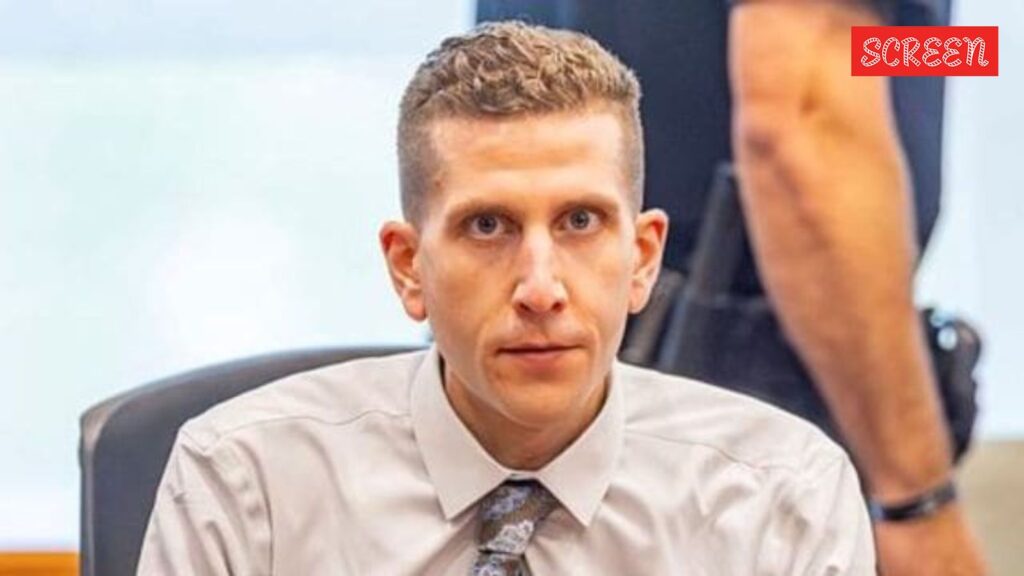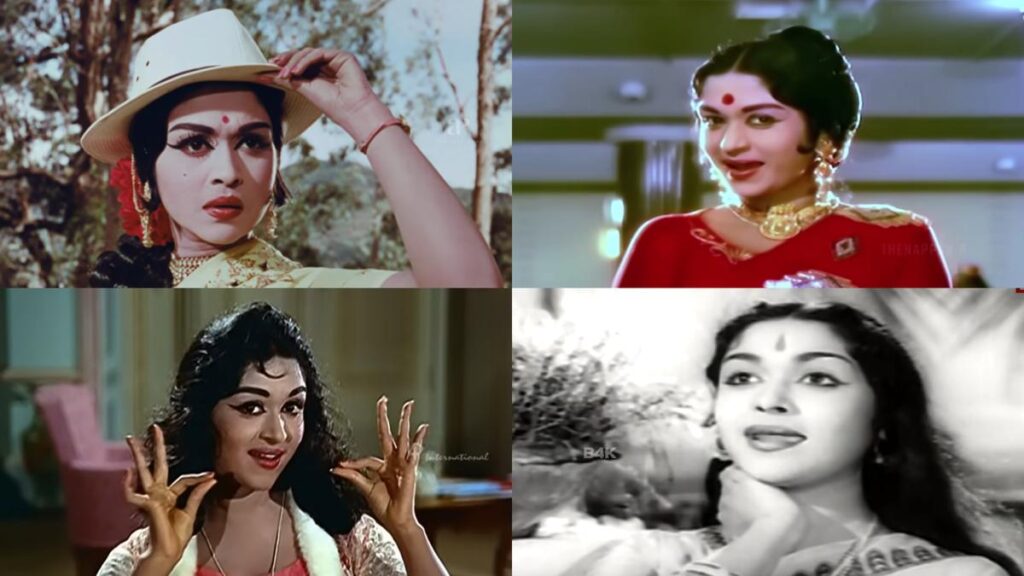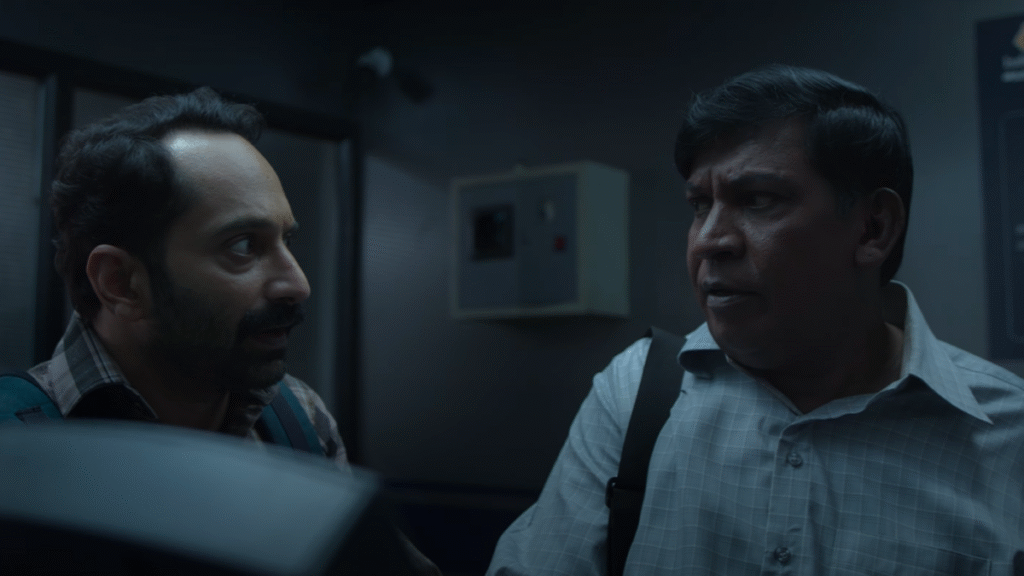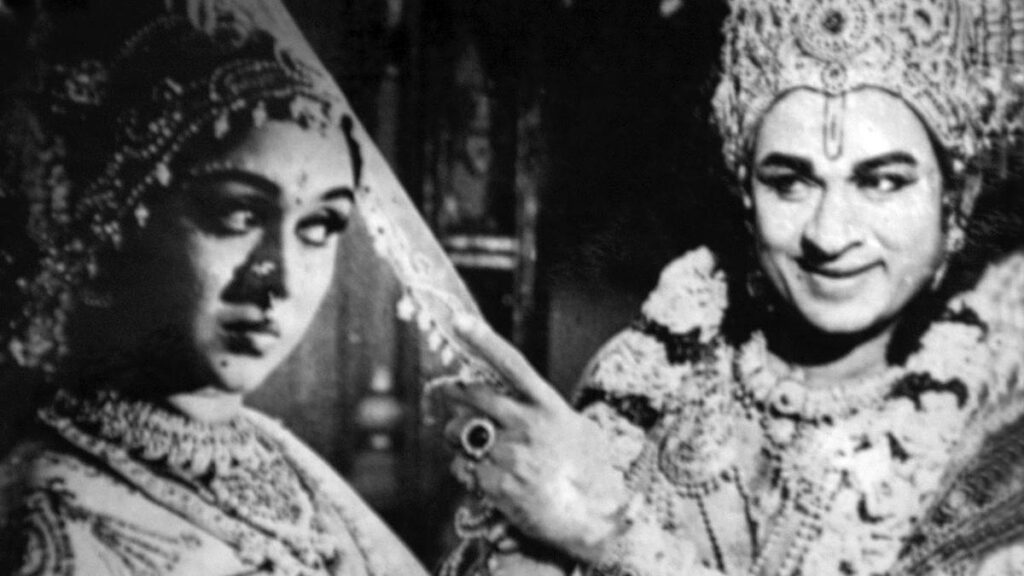Nearly three years after the brutal killings of four University of Idaho students, Bryan Kohberger, who had fiercely defended his innocence, pleaded guilty. The once quiet criminology student now faces life in prison for the murders of Kaylee Goncalves, Ethan Chapin, Xana Kernodle, and Madison Mogen. The attack happened on November 13, 2022. Despite the crime scene being described by authorities as deadly and devastating, two of Bryan’s intended victims survived. Still, even after relentless questioning, Bryan stayed tight-lipped about why he did it. And with this abrupt end, the victims’ families are left torn, stuck between relief and rage, closure and more questions.
Also read: US criminology student killed 4, scrubbed apartment and car clean. A dirty Q-tip gave him away
Victims’ families react to Bryan Kohberger’s sentencing
“They made a deal with the devil,” Kaylee Goncalves’s father, Steve, said, lashing out in anger after what he felt was an unfair sentencing, according to BBC. Like other families, he still has questions, why did these kids have to meet such an unfortunate death? Kohberger, 30 at the time, was arrested on December 30 at his family’s house in Pennsylvania. In July 2025, just weeks before trial, he agreed to plead guilty to avoid the death penalty. Judge Steven Hippler sentenced him to four consecutive life terms without parole. In addition, Bryan was also handed 10 years for burglary and over $270,000 in fines. When asked to speak, he did not explain, just five cold words: “I respectfully decline.” The judge responded, “I share the desire expressed by others to understand the why.” He acknowledged the silence and said maybe it was time to stop giving Kohberger relevance and power by continuing to chase answers.
Also read: Idaho is set to execute a long-time death row inmate, a serial killer with a penchant for poetry
“I slept in my parents’ room for almost a year and had them double lock every door, set an alarm and still check everywhere in the room just in case someone was hiding,” said Funke, one of Bryan’s survivors, after the ruling. Goncalves’s father directly taunted Bryan and mocked his forensics degree, saying, “You were that careless, that foolish, that stupid.” Alivea Goncalves reacted, “You didn’t win, you just exposed yourself as the coward you are. You’re a delusional, pathetic, hypochondriac loser.” Some families didn’t show up. Meanwhile, Bryan’s parents sat outside the courtroom and wept. Xana Kernodle’s aunt said she forgave him. “Bryan, I’m here today to tell you I have forgiven you, because I no longer could live with that hate in my heart,” she said. “And for me to become a better person, I have forgiven you. And any time you want to talk and tell me what happened, get my number. I’m here. No judgment.” But Kernodle’s stepfather wasn’t in the mood for peace. “You are going to suffer, man. I’m shaking because I want to reach out to you, but I hope you feel my energy,” he said, banging his chest. “Go to hell.”
It took months for cops to build a strong case against Bryan. DNA from a knife sheath left at the crime scene was matched to trash collected from his home. Surveillance cameras showed his white Hyundai Elantra circling the victims’ neighbourhood on the night of the murders, even the phone records showed he was nearby on the day of murder. Still, despite all the physical evidence, authorities never found the actual murder weapon or any clear link between Bryan and the murders.
A graduate student in criminology at Washington State University, Bryan pursued his career under well-known forensic psychologist. After digging up his past, authorities found he wrote long essays about feeling “remorseless” and struggling with mental health and drug addiction. Some classmates even remembered him as a person deeply interested in the psychology of killers. One theory even suggested that he was an incel, someone angry over romantic rejection.
Story continues below this ad
Before the plea, the University of Idaho had torn down the house on King Road where the murders happened. It had stood too long as a dark reminder of what the town had lost. And even now, the mystery around Kohberger remains. Why those four students? Why that house? What was he thinking? A new documentary, One Night in Idaho: The College Murders, was released before the trial. The true crime documentary attempts to explore possible motives, like rage over romantic rejection or the thrill of getting away with the perfect crime.








